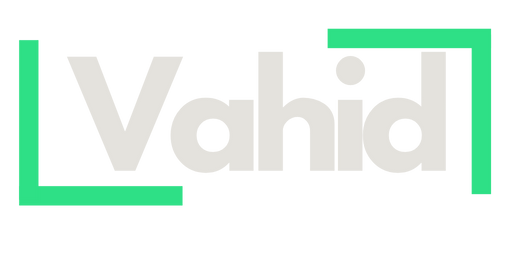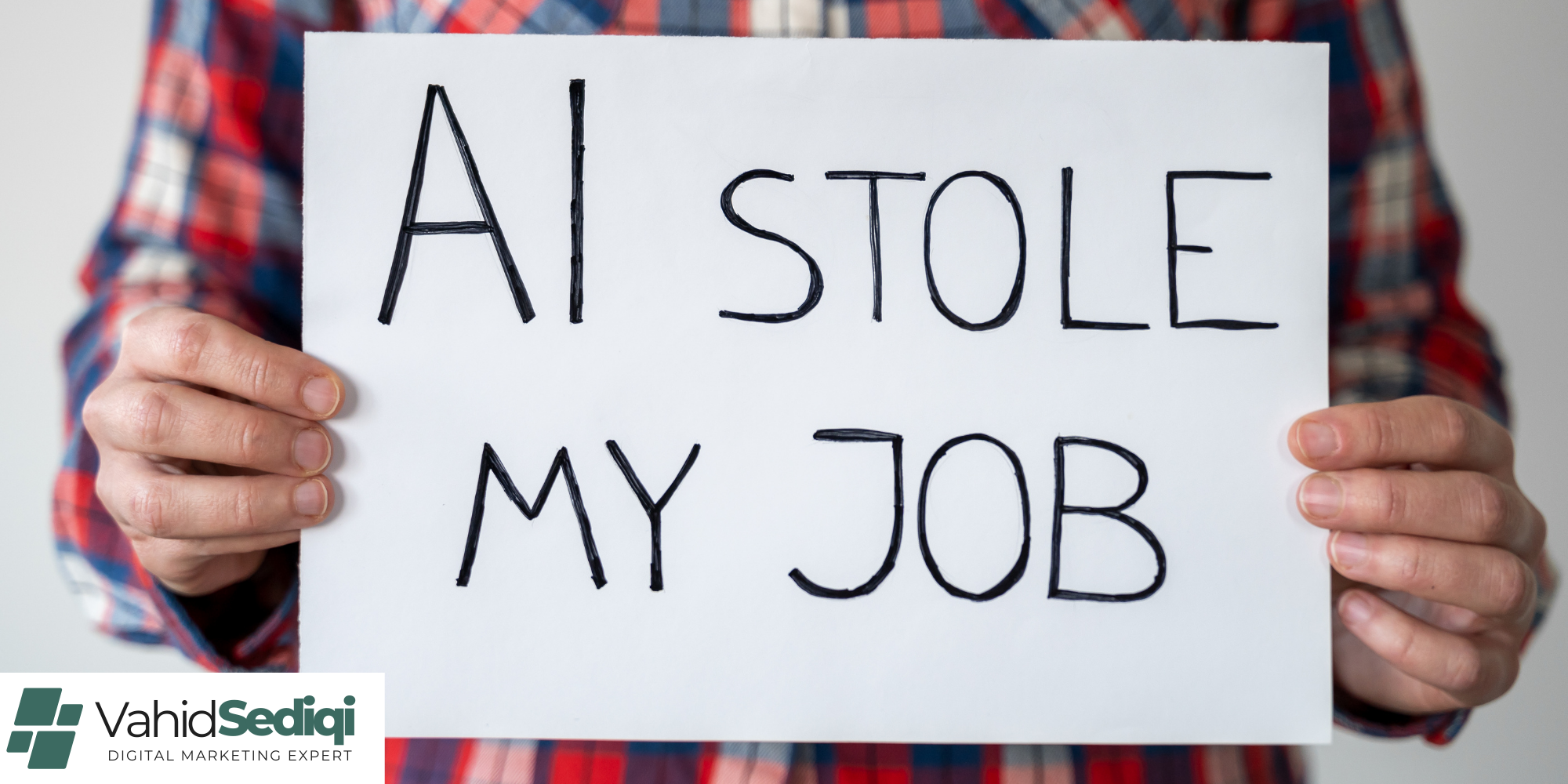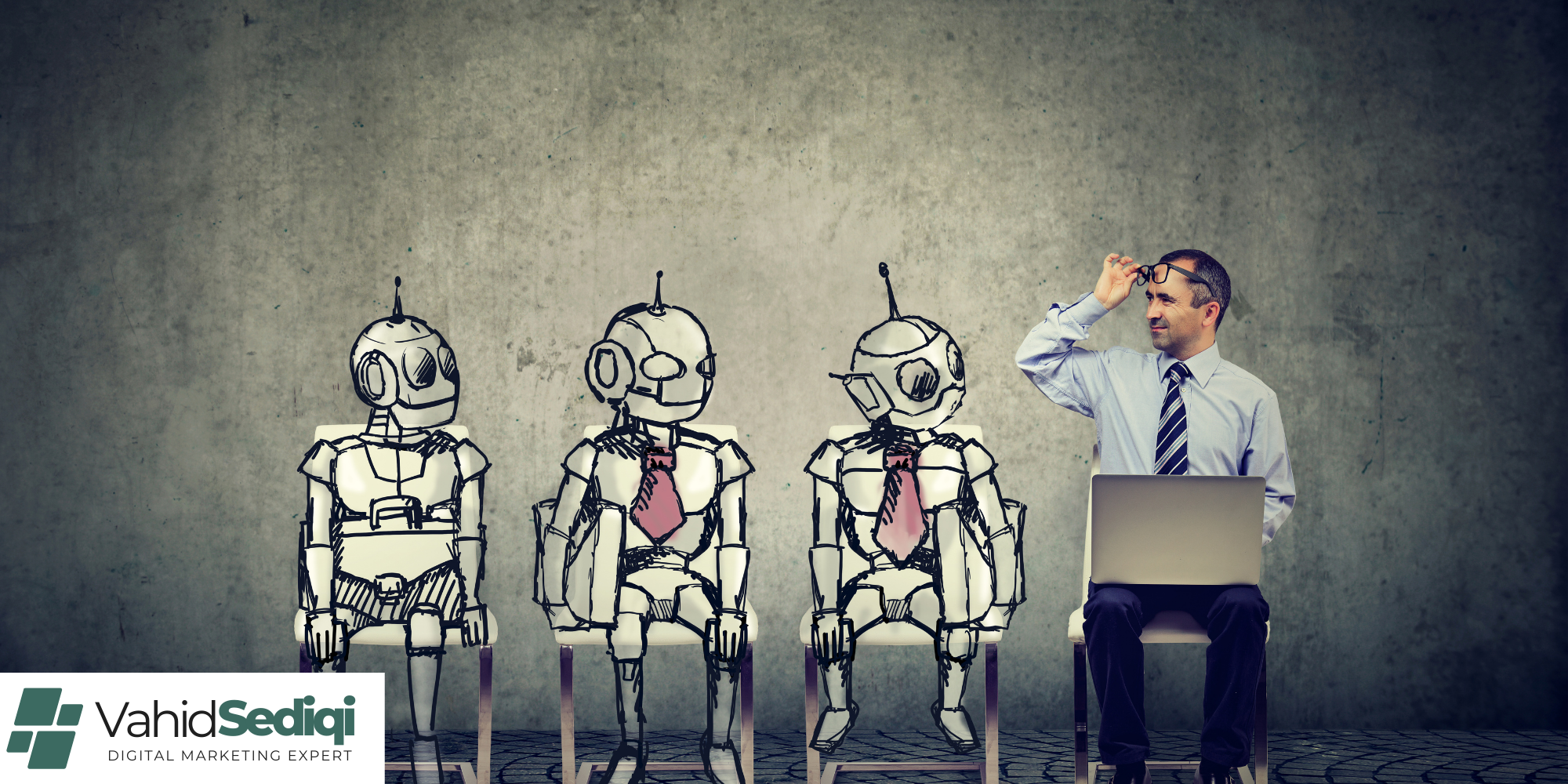Artificial Intelligence (AI) is no longer just a concept from science fiction. It’s here, and it’s transforming our world in ways we could have never imagined. From smart assistants in our phones to automated systems in our homes, AI is becoming an integral part of our daily lives. But what does this mean for the job market? Which jobs will be replaced by AI, and which ones will remain safe? Let’s dive into this fascinating topic and find out. The Rise of AI in the Workforce The Evolution of AI AI has evolved from simple algorithms to sophisticated systems capable of performing complex tasks. Early AI systems could play chess or solve mathematical problems, but today’s AI can drive cars, diagnose diseases, and even create art. This rapid evolution has led to significant advancements in various industries. Current Applications of AI in Various Industries AI is being used in a plethora of fields including healthcare, finance, manufacturing, and customer service. In healthcare, AI aids in diagnosing diseases and personalizing treatment plans. In finance, AI helps in fraud detection and financial planning. The manufacturing sector uses AI for predictive maintenance and quality control, while customer service relies on AI-powered chatbots to handle inquiries. Jobs at High Risk of AI Replacement Administrative and Support Roles Data Entry Clerks One of the first casualties of AI has been data entry clerks. With the ability to process vast amounts of data quickly and accurately, AI systems can perform these tasks more efficiently than humans. Receptionists Automated phone systems and virtual assistants are replacing traditional receptionist roles. These AI systems can handle scheduling, answering queries, and even directing calls without human intervention. Manufacturing and Production Jobs Assembly Line Workers Robots have been used in manufacturing for decades, but with AI, these robots are becoming smarter and more autonomous, reducing the need for human workers on assembly lines. Machine Operators AI-powered machines can operate 24/7 without the need for breaks or shifts, making them a cost-effective solution for many manufacturing processes, thus replacing human machine operators. Retail and Customer Service Cashiers Self-checkout systems and automated payment kiosks are replacing cashiers in many retail environments. These AI systems can process transactions quickly and accurately, reducing the need for human intervention. Telemarketers AI-driven chatbots and automated calling systems are taking over telemarketing roles. They can handle large volumes of calls, provide information, and even close sales without human assistance. Transportation and Logistics Truck Drivers Autonomous vehicles are on the rise, and companies are investing heavily in self-driving trucks. These AI-powered trucks can operate without human drivers, reducing labor costs and increasing efficiency. Delivery Services Drones and automated delivery robots are beginning to replace human delivery drivers. These AI systems can deliver packages faster and more efficiently, especially in urban areas. Finance and Accounting Bookkeepers AI systems can manage financial records, track expenses, and generate reports with high accuracy, making bookkeepers’ roles increasingly redundant. Accountants While high-level financial analysis still requires human input, many accounting tasks such as tax preparation and auditing are being automated by AI. Healthcare Radiologists AI is becoming adept at reading medical images, often with greater accuracy than human radiologists. This technology can analyze x-rays, MRIs, and CT scans, identifying abnormalities and aiding in diagnosis. Medical Transcriptionists Voice recognition software has significantly improved, allowing AI to transcribe medical records accurately, reducing the need for human transcriptionists. Jobs with Partial AI Replacement Marketing and Sales Content Creators AI tools are now capable of generating content, from articles to social media posts. However, the human touch is still needed for creativity and emotional connection. Sales Representatives AI can assist in lead generation and customer interaction, but complex sales strategies and relationship-building still require human expertise. Legal Services Paralegals AI can perform legal research and document review, tasks traditionally done by paralegals. However, interpreting legal contexts and providing personalized advice still need human involvement. Legal Researchers Automated systems can quickly search through vast amounts of legal information, but understanding and applying this information contextually remains a human task. Jobs Less Likely to be Replaced by AI Creative and Artistic Roles Artists Creating art involves a high level of creativity and emotional expression, areas where AI still falls short. Artists’ unique perspectives and personal experiences are irreplaceable. Musicians While AI can compose music, it lacks the emotional depth and originality that human musicians bring to their craft. Live performances and the personal touch in music creation remain human domains. Healthcare Professionals Surgeons Surgical procedures require precision, decision-making, and adaptability, skills where human surgeons excel. While AI can assist, it cannot replace the expertise of a skilled surgeon. Nurses Nursing involves not just medical knowledge but also empathy and patient care, areas where AI cannot compete with human nurses. Educational Roles Teachers Teaching requires understanding student needs, adapting to different learning styles, and providing emotional support, tasks that AI cannot fully perform. Counselors Counseling involves deep human interaction and understanding, making it difficult for AI to replace human counselors. Why Some Jobs Are Safe from AI Human Emotion and Creativity AI lacks the ability to experience and express emotions. Jobs that rely on human creativity and emotional intelligence are less likely to be replaced by AI. Complex Problem Solving Many jobs require complex problem-solving abilities and critical thinking, areas where humans excel compared to AI. Interpersonal Skills Interpersonal skills such as communication, empathy, and relationship-building are essential in many jobs. These human traits are challenging for AI to replicate. Preparing for an AI-Integrated Future Upskilling and Reskilling To stay relevant, workers need to continuously update their skills. Learning new technologies and acquiring advanced skills can help individuals remain competitive in an AI-driven job market. Embracing Lifelong Learning The job market is evolving rapidly, and continuous learning is crucial. Embracing lifelong learning ensures that workers can adapt to new roles and technologies as they emerge. Fostering Adaptability Being adaptable and open to change is essential in a world where AI is constantly evolving. Workers should be prepared to pivot and
Human vs. AI: The Battle for Supremacy
In a world where technology is advancing at an unprecedented pace, the debate between human intelligence and artificial intelligence (AI) has become more relevant than ever. Understanding the capabilities and limitations of both humans and AI is crucial in navigating this evolving landscape. This article delves into the intricacies of human vs. AI intelligence, highlighting their strengths, weaknesses, and potential for collaboration. The Evolution of Human Intelligence Historical Perspective Human intelligence has evolved over millennia, shaped by countless experiences and challenges. From the earliest days of hunter-gatherer societies to the complexities of modern civilization, our cognitive abilities have been honed and refined. Milestones in Human Cognitive Development Ancient Civilizations and Intellectual Progress Ancient civilizations, such as the Greeks and Egyptians, made significant strides in fields like mathematics, astronomy, and philosophy. These early intellectual achievements laid the foundation for future advancements. The Renaissance and Enlightenment The Renaissance and Enlightenment periods were marked by a resurgence of curiosity and innovation. Thinkers like Leonardo da Vinci and Isaac Newton pushed the boundaries of human knowledge, leading to remarkable progress in various domains. The Rise of Artificial Intelligence Early Beginnings of AI The concept of artificial intelligence dates back to ancient myths and legends. However, it wasn’t until the mid-20th century that AI began to take shape as a scientific discipline. Early pioneers like Alan Turing and John McCarthy laid the groundwork for what we now recognize as AI. Key Breakthroughs in AI Technology The Advent of Machine Learning Machine learning, a subset of AI, revolutionized the field by enabling computers to learn from data and improve over time. This breakthrough allowed AI systems to perform tasks that were previously thought to be exclusively human. Neural Networks and Deep Learning Neural networks, inspired by the human brain’s structure, brought about significant advancements in AI capabilities. Deep learning, in particular, has led to remarkable achievements in image and speech recognition, natural language processing, and more. Comparing Human and AI Intelligence Cognitive Abilities Humans possess a wide range of cognitive abilities, including reasoning, problem-solving, and learning. While AI systems can excel in specific tasks, they often lack the general intelligence that humans inherently possess. Emotional Intelligence One of the key distinctions between human and AI intelligence is emotional intelligence. Humans can understand, manage, and respond to emotions, whereas AI lacks true emotional depth. Decision-Making Processes Human decision-making is influenced by a complex interplay of logic, intuition, and emotions. AI, on the other hand, relies solely on data and algorithms, which can lead to more consistent but sometimes less nuanced decisions. Creativity and Innovation Humans are known for their creativity and ability to think outside the box. While AI can generate creative outputs based on patterns and data, it lacks the innate creativity that humans bring to the table. Advantages of Human Intelligence Emotional Depth and Empathy Humans excel in understanding and empathizing with others. This emotional depth allows for meaningful connections and nuanced interactions that AI cannot replicate. Intuition and Common Sense Human intuition and common sense are invaluable in navigating complex and ambiguous situations. These qualities enable us to make quick, informed decisions even in the absence of complete information. Cultural and Ethical Understanding Humans have a deep-seated understanding of cultural norms and ethical considerations. This awareness guides our behavior and decision-making in ways that are difficult for AI to emulate. Adaptability and Flexibility Humans are incredibly adaptable, capable of learning new skills and adjusting to changing environments. This flexibility is a significant advantage in dynamic and unpredictable situations. Advantages of Artificial Intelligence Speed and Efficiency AI systems can process vast amounts of data at incredible speeds, far surpassing human capabilities. This efficiency makes AI invaluable in tasks that require rapid analysis and response. Data Processing and Analysis AI excels in analyzing large datasets, identifying patterns, and making predictions. This capability is particularly useful in fields like healthcare, finance, and marketing. Automation of Repetitive Tasks AI can automate mundane and repetitive tasks, freeing humans to focus on more complex and creative endeavors. This automation increases productivity and reduces the risk of human error. Predictive Analytics and Forecasting AI’s ability to predict future trends and outcomes based on historical data is a powerful tool for decision-making in various industries. Limitations of Human Intelligence Cognitive Biases Humans are prone to cognitive biases that can skew our perception and decision-making. These biases often lead to errors and irrational judgments. Physical and Mental Fatigue Humans are limited by physical and mental fatigue, which can impact our performance and efficiency. Unlike AI, we require rest and recovery to function optimally. Limited Data Processing Capabilities Humans struggle to process large volumes of data quickly and accurately. Our cognitive limitations can hinder our ability to analyze and interpret complex information. Susceptibility to Emotional Influence Emotions can significantly influence human behavior and decision-making, sometimes leading to irrational or suboptimal choices. Limitations of Artificial Intelligence Lack of Emotional Understanding AI lacks the ability to truly understand and respond to human emotions. This limitation can be a significant drawback in contexts that require empathy and emotional intelligence. Dependence on Data Quality AI systems are only as good as the data they are trained on. Poor quality or biased data can lead to inaccurate or harmful outcomes. Ethical and Moral Dilemmas The use of AI raises numerous ethical and moral questions, particularly concerning privacy, accountability, and the potential for misuse. Limited Creativity and Intuition While AI can generate creative outputs, it lacks the innate intuition and originality that humans possess. This limitation can be a barrier in fields that rely heavily on creativity and innovation. Collaboration Between Humans and AI Enhancing Human Capabilities AI can augment human capabilities by providing tools and insights that enhance our decision-making and problem-solving abilities. AI-Assisted Decision Making AI systems can assist humans in making more informed decisions by providing data-driven insights and recommendations. Human-AI Synergy in Various Industries Industries like healthcare, finance, and manufacturing are already benefiting from the synergy between human expertise and AI capabilities. This collaboration leads


